Anthony Quayle
Born September 7, 1913 in Ainsdale, England, UK
Died October 20, 1989 in Chelsea, London, England, UK (liver cancer)
Birth Name John Anthony Quayle
Nickname Tony
Height 6' 1"
Anthony Quayle was born in Ainsdale in September 1913, the son of a Lancashire lawyer. He completed his education at Rugby School and had a brief spell at RADA, before treading the boards for the first time as the straight man in a music hall comedy act in 1931. Tall, burly, round-faced and possessed of a powerful and resonant voice, he was mentored early on in his career by the well-known stage director Tyrone Guthrie. Letters of introduction led to steady employment with the Old Vic Company by September 1932, and a succession of small roles in classical parts. Quayle's reputation as an actor grew steadily, and, in 1936, he appeared on Broadway opposite Ruth Gordon in 'The Country Wife'. For the next few years, he consolidated his position as a Shakespearean actor. When the Second World War began, he was among the first in his profession to enlist, serving with the Royal Artillery and rising to the rank of major. Some of his wartime experiences, such as co-ordinating operations with Albanian partisans as part of the secret Special Operations Executive, were destined to be paralleled by his fictional post-war screen exploits as incisive army officers or spies. With the war still fresh in his mind, he subsequently published two novels (respectively in 1945, and in 1947), 'Eight Hours from England' and 'On Such a Night'. In 1946, Quayle also made his debut as a theatrical director with a London production of 'Crime and Punishment'. Between 1948 and 1956, he had a distinguished tenure as director of the Shakespeare Memorial Theatre in Stratford-upon-Avon, bringing into the company some of the biggest stars of the stage, including Laurence Olivier and John Gielgud. Though acting in films from 1938, the theatre remained his favourite medium. He played diverse roles with great intensity and professionalism, achieving critical acclaim as Petruchio and Falstaff, Tamburlaine and Galileo (on Broadway) and the original role of Andrew Wyke in Anthony Shaffer's play 'Sleuth' (played in the first screen version by Olivier). In motion pictures Quayle tended to portray tough, dependable authority figures. He was good value for money as Commodore Harwood in Pursuit of the Graf Spee (1956), as the enigmatic Afrikaner captain in Ice Cold in Alex (1958) and as the stuffy, by-the-book Colonel Harry Brighton, who nonetheless appears to have a degree of admiration for Lawrence of Arabia (1962). Due to his classical training, Quayle was often used in historical epics, giving one of his best performances as Cardinal Wolsey in Anne of the Thousand Days (1969), earning him an Academy Award nomination. His voice was heard as narrator of The Six Wives of Henry VIII (1970) and on radio in anything from 'The Ballad of Robin Hood' to Edgar Allan Poe's 'The Purloined Letter'.
The year prior to receiving his knighthood, Quayle founded the touring Compass Theatre Company, and served as its director until a few months before his death from cancer in October 1989.
Spouse (2)
Dorothy Hyson (1947 - 20 October 1989) ( his death) ( 3 children)
Hermione Hannen (1934 - 1941) ( divorced)
Father of actress Jenny Quayle
He was awarded the CBE (Commander of the Order of the British Empire) in the 1952 Queen's Birthday Honours List and made a Knight Bachelor in the 1985 Queen's New Year Honours List for his services to drama.
He was a British army Major during WW2 and then played one in The Guns of Navarone (1961).
He was nominated for Broadway's 1956 Tony Award as Best Featured or Supporting Actor (Dramatic) for his role in the play, "Tamburlaine the Great.".
He formed his own theatre company, 'Compass' which toured the provinces introducing theatre to new audiences.
He played a supporting role in two unrelated films which featured Sherlock Holmes attempting to solve the Jack the Ripper murders: A Study in Terror (1965) and Murder by Decree (1979). He played Dr. Murray in the former and Sir Charles Warren in the latter. In both films, Frank Finlay played Inspector Lestrade.
He appeared in two Best Picture Academy Award winners: Hamlet (1948) and Lawrence of Arabia (1962). He also appeared in three other Best Picture nominees: Pygmalion (1938), The Guns of Navarone (1961) and Anne of the Thousand Days (1969).
He narrated a number of documentary films including Drums For a Queen (1961), This is Lloyds (1962) and Island Unknown (1969).
He served with writer Anthony 'a clockwork orange' Burgess in the British military during WW2.
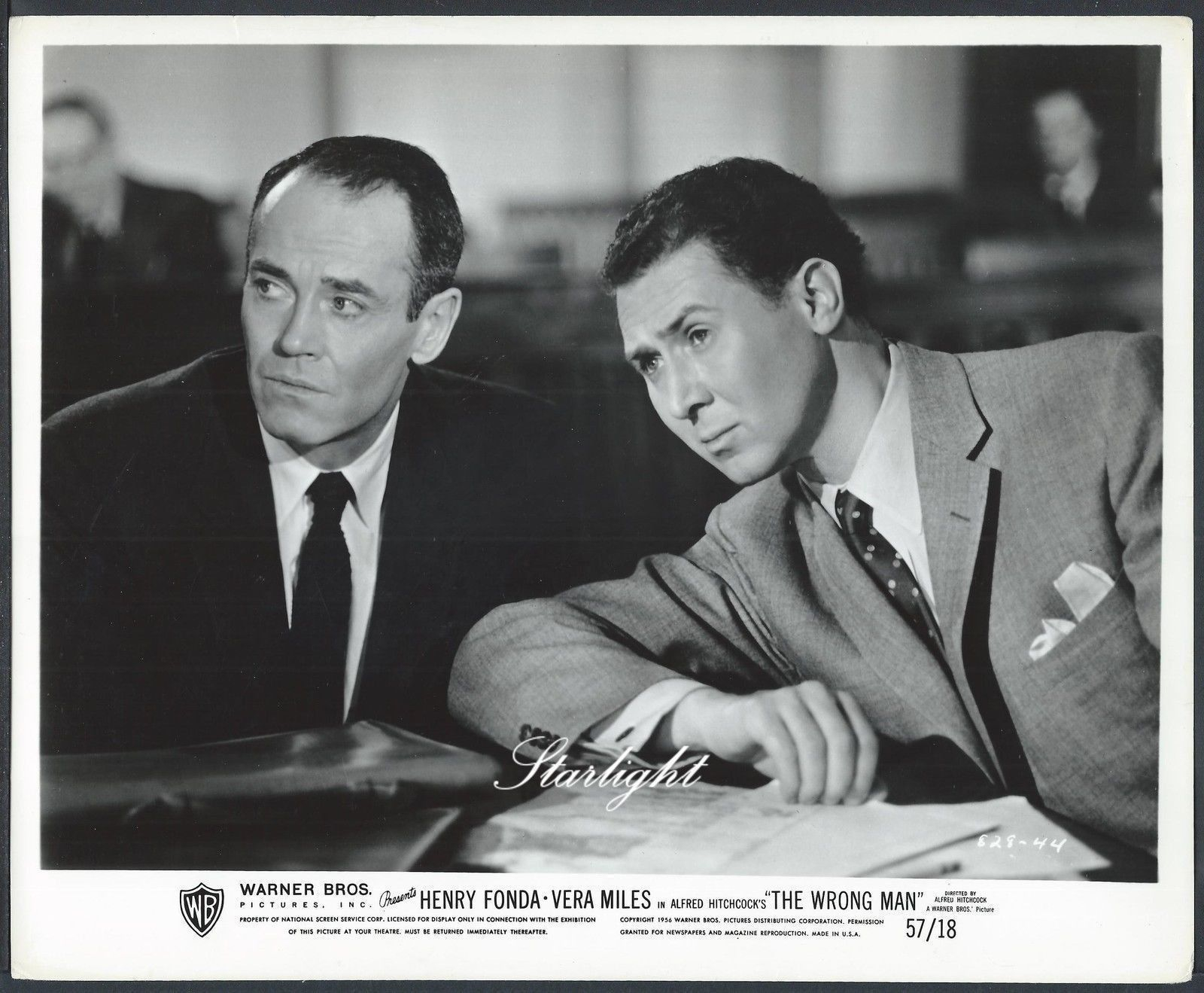
 Amanda S. Stevenson
Amanda S. Stevenson 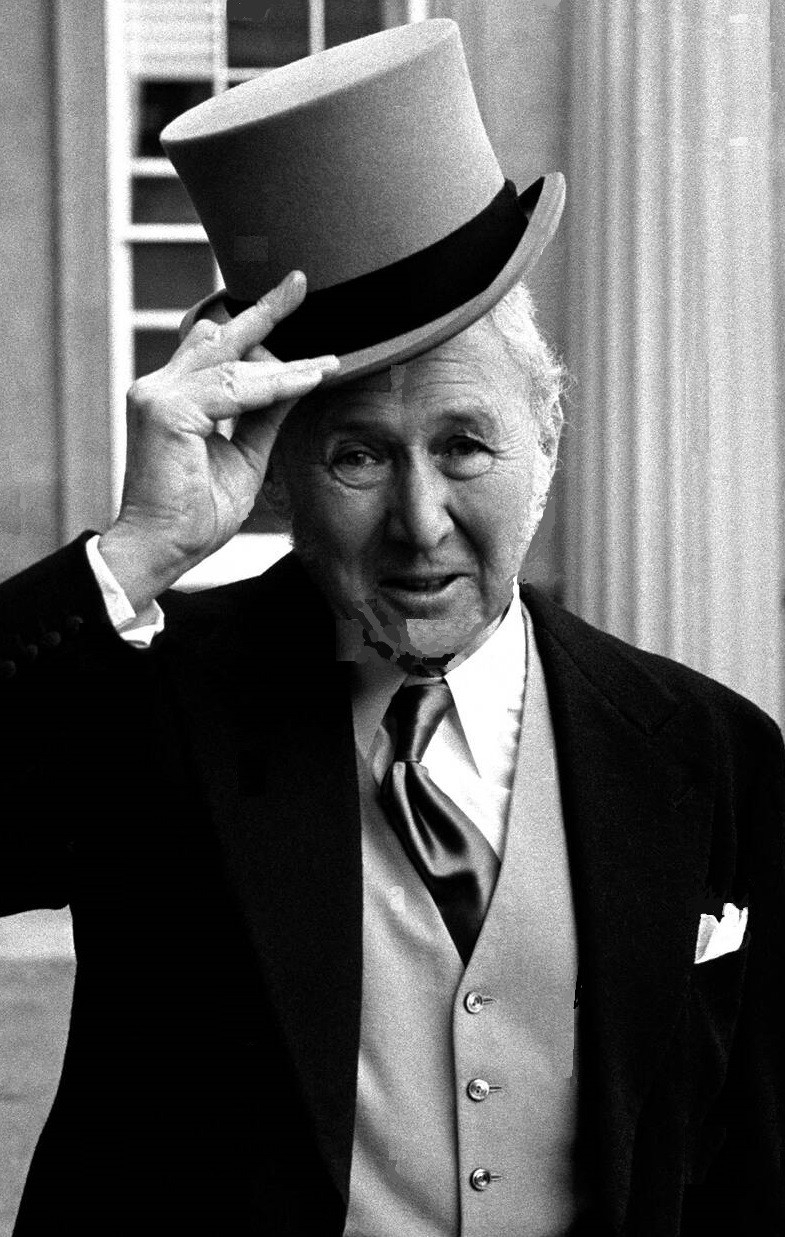
 Amanda S. Stevenson
Amanda S. Stevenson 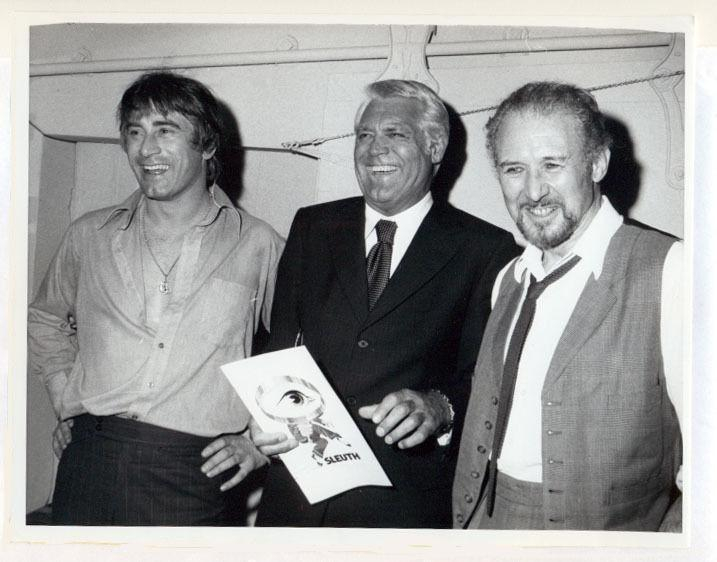
 Amanda S. Stevenson
Amanda S. Stevenson  Amanda S. Stevenson
Amanda S. Stevenson 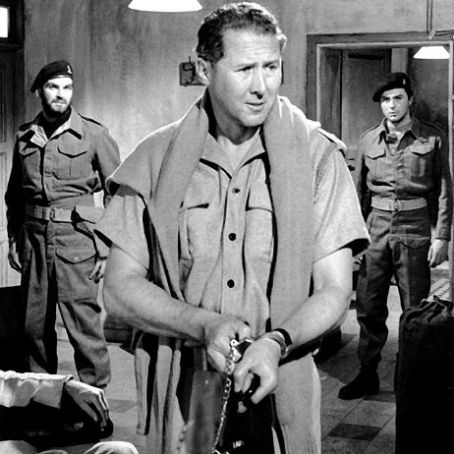
 Amanda S. Stevenson
Amanda S. Stevenson 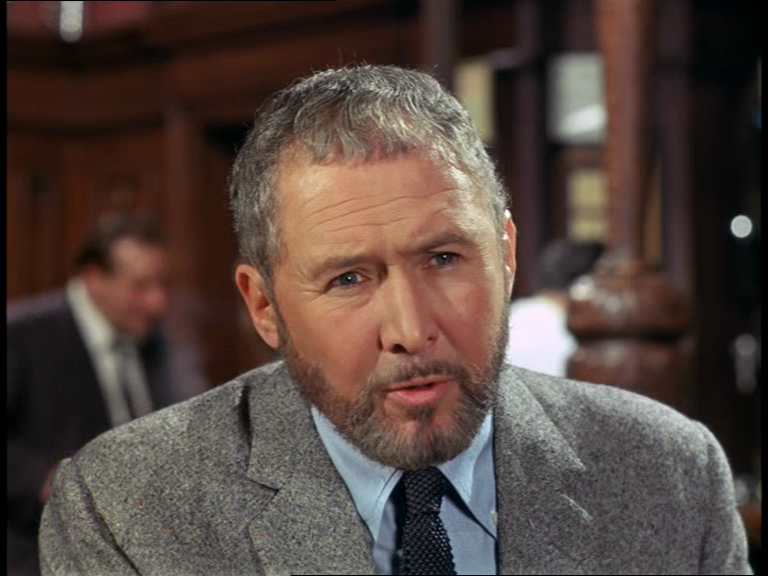
 Amanda S. Stevenson
Amanda S. Stevenson 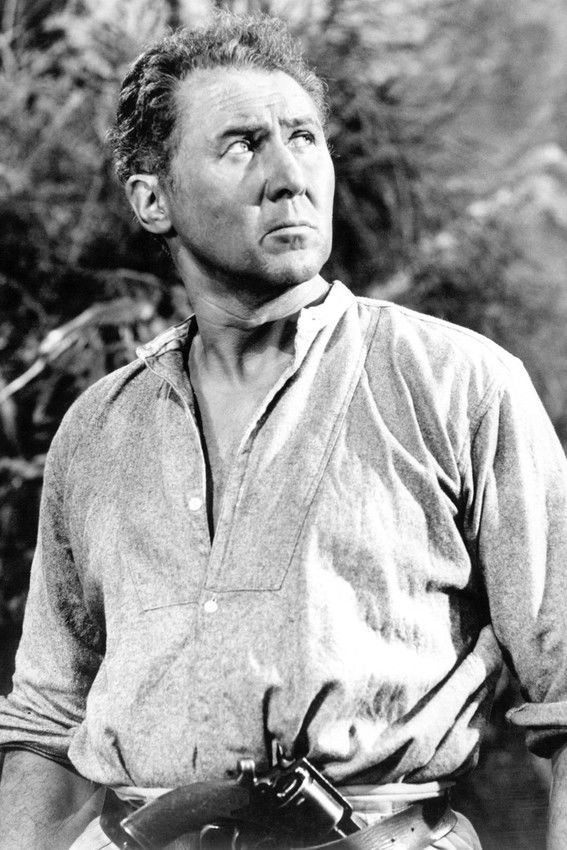
 Amanda S. Stevenson
Amanda S. Stevenson 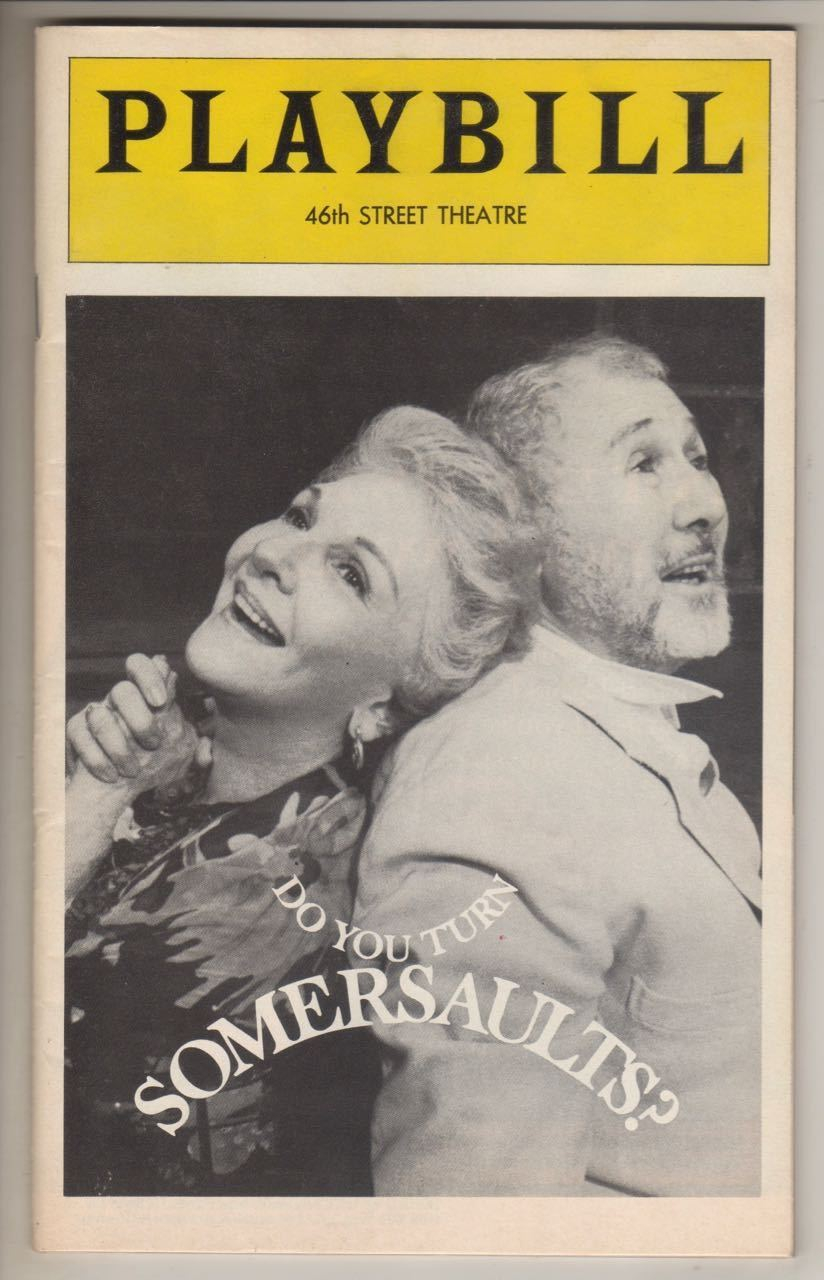
 Amanda S. Stevenson
Amanda S. Stevenson 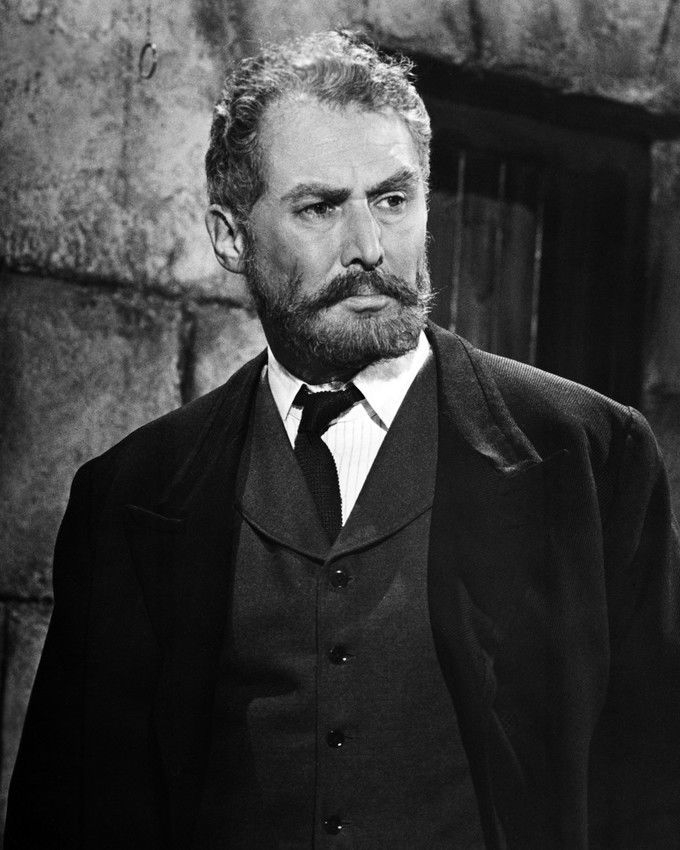
 Amanda S. Stevenson
Amanda S. Stevenson 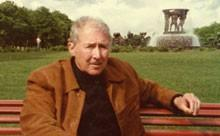
 Amanda S. Stevenson
Amanda S. Stevenson 